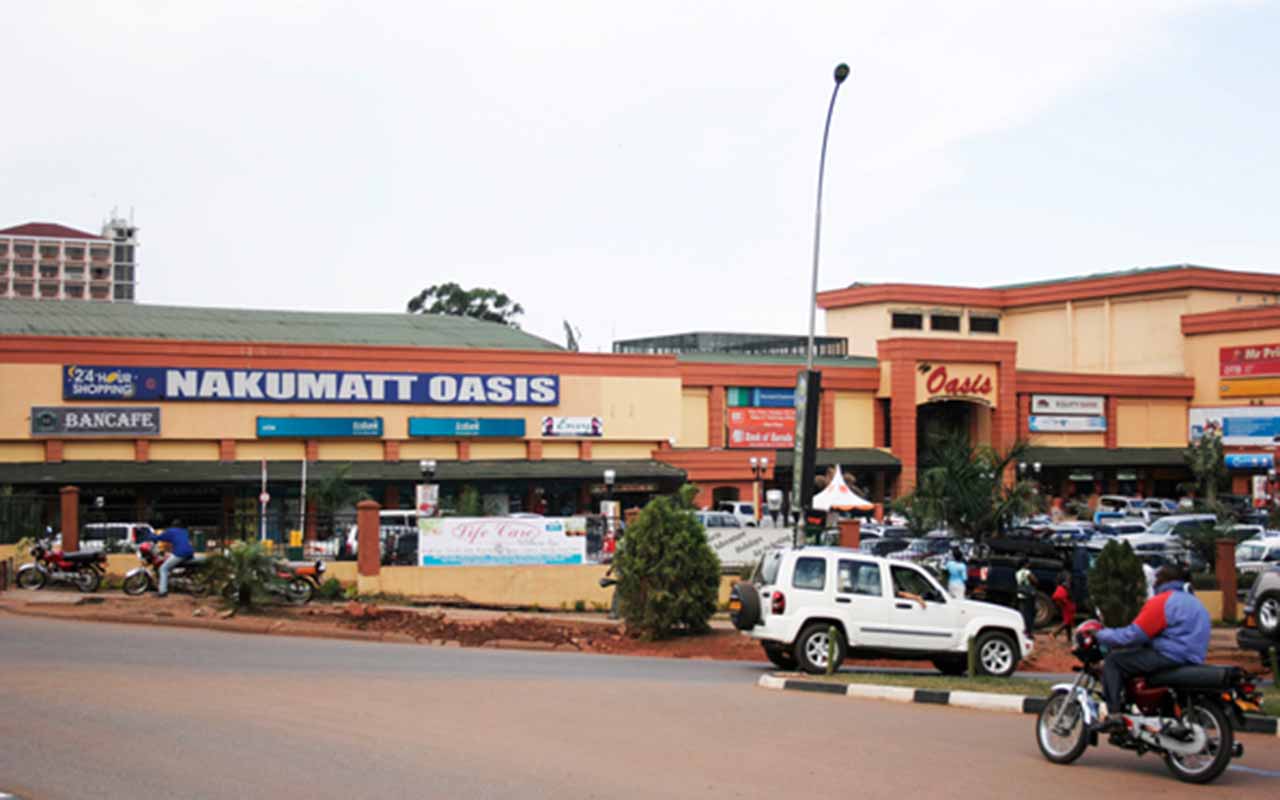Prime
Archbishop Lwanga and Uganda’s Catholic ‘rebels’ with a cause

Mr Charles Onyango-Obbo
What you need to know:
- Mr Onyango Obbo says: Coincidentally, on April 2, another figure in the same tradition, Cameroonian Catholic Cardinal Christian Wiyghan Tumi died. ..
Roman Catholic prelate Dr Cyprian Kizito Lwanga, who was Archbishop of Kampala, died on April 3. May his soul rest in peace.
In recent years, Lwanga had become increasingly outspoken against State violence, and was nearly a lone voice for democracy in the country among the main established churches.
According to his prepared Easter sermon, that he didn’t get read, and was delivered for him posthumously by Monsignor Charles Kasibante, the Vicar General of Kampala Archdiocese, according to a report in Daily Monitor, he was on form.
“As we celebrate the resurrection of our Lord, Jesus Christ, we call for the unconditional release of many young people who are being held in various detention centres without being taken to court. In case they committed crimes, let those holding them, follow the Constitution and take them to court to stand trial.
“Detaining, torturing, denying them a fair hearing only breeds bitterness and anger and it does serious damage to the cause of human fraternity. Let us come together and soberly consider the reasons behind the restlessness, the grievances, of our young people and advance lasting solutions to the issues they are raising for the good of society”, he would have said.
One could hear echoes of liberation theology, the religious movement that arose in Roman Catholicism in the last three decades of the 1900s, and mostly centred in Latin America. It applied religious faith by aiding and being in solidarity with the poor and oppressed, with priests getting actively involved in activists politics. Priests and nuns were killed in the dozens in Latin America for it, but they help bring a new democratic age to the region.
Coincidentally, on April 2, another figure in the same tradition, Cameroonian Catholic Cardinal Christian Wiyghan Tumi died. Tumi was noted for advocating for peace in the ongoing Anglophone separatist crisis in the country. For his troubles, he was abducted for 24 hours by the separatist for asking them to disarm. Most famously, he ruffled feathers when he urged Cameroonian strongman Paul Biya, now in power for nearly 40 years, and one of only three leaders – with Equatorial Guinea’s Teodoro Obiang, and Congo Republic’s Denis Sassou-Nguesso – who outclass our dear President Yoweri Museveni in presidential longevity, not to run in the last election. Biya brushed him off.
Thus, beyond Lwanga the man, he represented something bigger, but also very particular about the Roman Catholic church in Uganda. In the speech, he wrote that; “[On] peace and security; we also noted with concern that ungodly actions of some Ugandans who have been killing innocent people, for example, the case of a one Musa Musasizi, a resident of Mujomba Zone 6, who is suspected to have killed four women and a three-months-old child in a period of one month in the area of Nakulabye.
“We have also heard reports of mysterious killings in the Acholi Sub-region”.
The reference to mysterious killings in Acholi would have been surprising, if it hadn’t come up. The Catholic Church has always had a network of information in its dioceses that feeds into a national system. For nearly 80 years, the public face of that network was Munno newspaper, published in Luganda. It was launched in 1912 by The White Fathers.
On January 14, 1973, perhaps its most famous editor, Father Clement Kiggundu was murdered by Idi Amin’s security agents. His body was dumped in Namanve forest. Father Kiggundu had criticised the expulsion of the Asians in 1972, likening it to apartheid South Africa. Kiggundu was believed to be getting too close in his investigations of the September 1972 abduction of and murder of Chief Justice Benedicto Kiwanuka.
Amin reportedly couldn’t risk the exposure. In the years before it ceased publication in the late 1980s, wire reports and foreign media would quote the paper and, without fail, refer to it as the “usually reliable Munno”. While it had regular reporters, Munno benefited from this mysterious and amorphous Catholic information funnel, getting scoops, and verifying events in places rivals couldn’t get to.
Perhaps it reached its height during the Museveni-led National Resistance Army bush war. A key figure in that period was Emmanuel Kiwanuka Nsubuga, the first archbishop of the same Archdiocese of Kampala from 1966 to 1990, and a cardinal from 1976 until his death on April 20, 1991.
Nsubuga supported the NRA war, and was a very close friend of Museveni after he took power. Nsubuga would have framed his criticism of the Amin and Milton Obote regimes, in much the same way Lwanga spoke of Museveni’s.
Listening to Lwanga’s critique of the human rights situation in Uganda in recent times, it was remarkable how different the roads that the Catholic Church in Uganda, or at least the Archdiocese of Kampala, and the NRM Order, have taken are.
Mr Onyango-Obbo is a journalist, writer and curator of the “Wall of Great Africans”. Twitter@cobbo3





